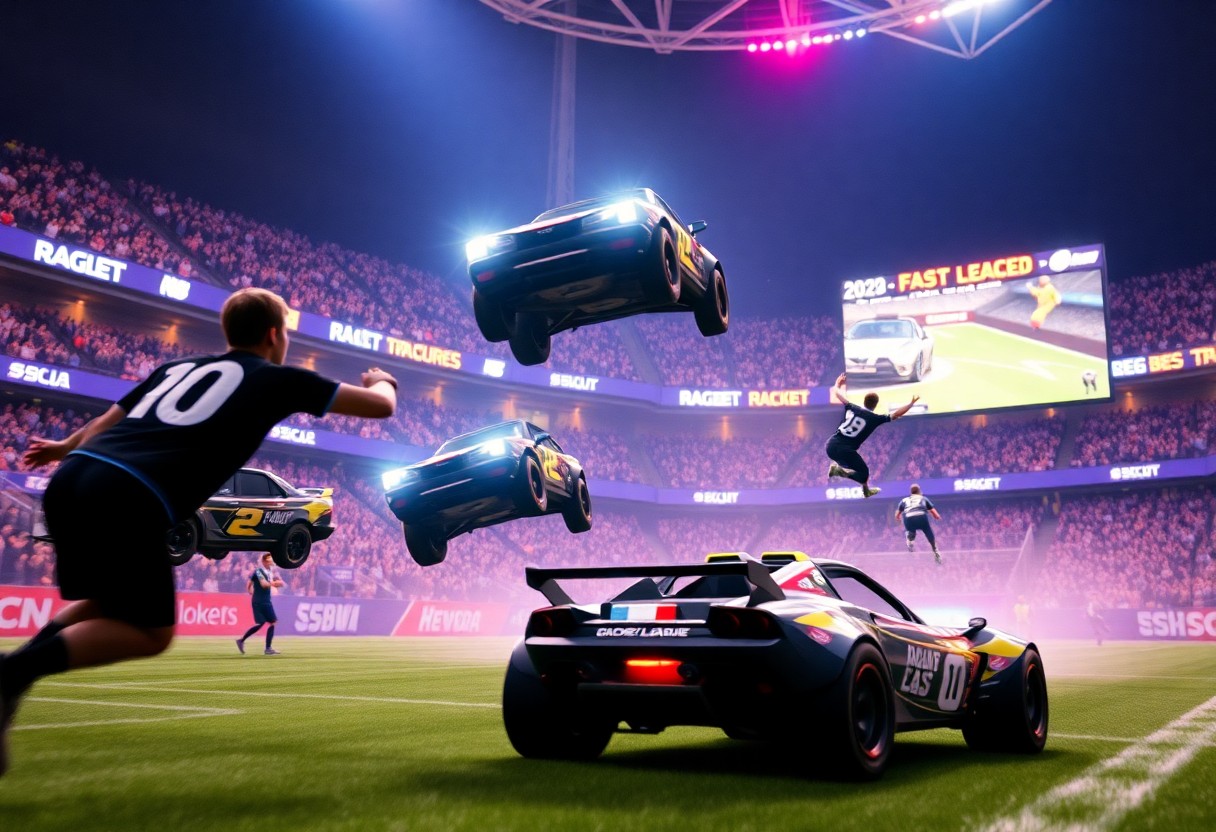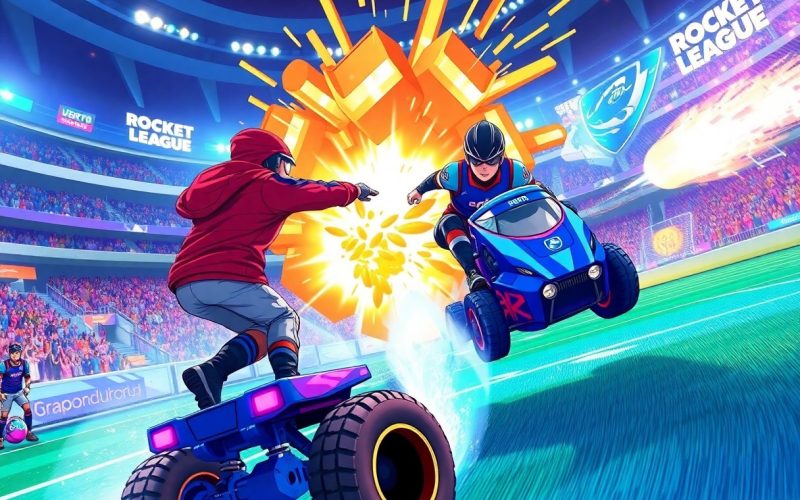It’s fascinating to see how the gaming landscape evolves, especially in competitive titles like Rocket League. Initially, mastery of technical mechanics such as aerials, dribbling, and fast challenges was often the key to success. However, as the game has evolved, players and coaches have increasingly recognized that focusing solely on mechanics is no longer sufficient for achieving victory. Various factors have emerged, highlighting the need for a more holistic approach to gameplay.
One significant factor influencing the importance of mechanics is the rise of team coordination and strategy. In team-based competitive games, communication and teamwork can make or break a match. Players today need to understand their roles on the field fully, complement their teammates’ strengths, and adapt to quickly changing situations. This requires an understanding of positioning and awareness that goes beyond individual mechanics. Teams that effectively communicate and coordinate their plays often outperform mechanically skilled players who lack a cohesive strategy.
Tactics have become important in recent competitive play. In earlier seasons, individual skill and mechanics could often overshadow strategic planning. Teams that prioritize shot accuracy or mechanical maneuvers might find themselves falling short against opponents who can execute well-planned plays and adaptive strategies. Subtle tactics like fake challenges, passing plays, and rotations have gained importance as players have refined their understanding of the game’s dynamics. Coaches increasingly focus on teaching these tactics in practice sessions, revealing the shift from mere mechanical prowess to a more comprehensive understanding of the game.
The context of competitive matches cannot be overlooked. In recent tournaments, the importance of adaptability has emerged as a key skill. Players must quickly adjust to the tactics of their opponents and modify their gameplay on the fly. This adaptability demands a strong game sense, allowing players to read the flow of the match and make intelligent decisions rather than relying solely on their mechanical skills. Teams that foster a game sense among their players often find greater success, highlighting that mechanics alone can no longer carry a team to victory.
Moreover, player mentalities are evolving as well. The psychological aspects of competition, such as focus, resilience, and confidence, have begun to be acknowledged as vital elements to success in Rocket League. The mental fortitude that comes from understanding your gameplay, your team’s dynamics, and accepting setbacks can often outweigh mechanical mistakes. This shift emphasizes a balanced approach to training that requires players to not only practice their mechanics but also develop their mental game.
As the competitive scene continues to grow and adapt, it is clear that a multifaceted approach is crucial for success in Rocket League. While mechanics remain a vital component, players are discovering that comprehensive gameplay, teamwork, and mental strength are equally, if not more, important. By acknowledging this change and investing in areas beyond sheer mechanic skill, players can fully realize their potential and increase their chances of winning in today’s competitive gaming environment.






